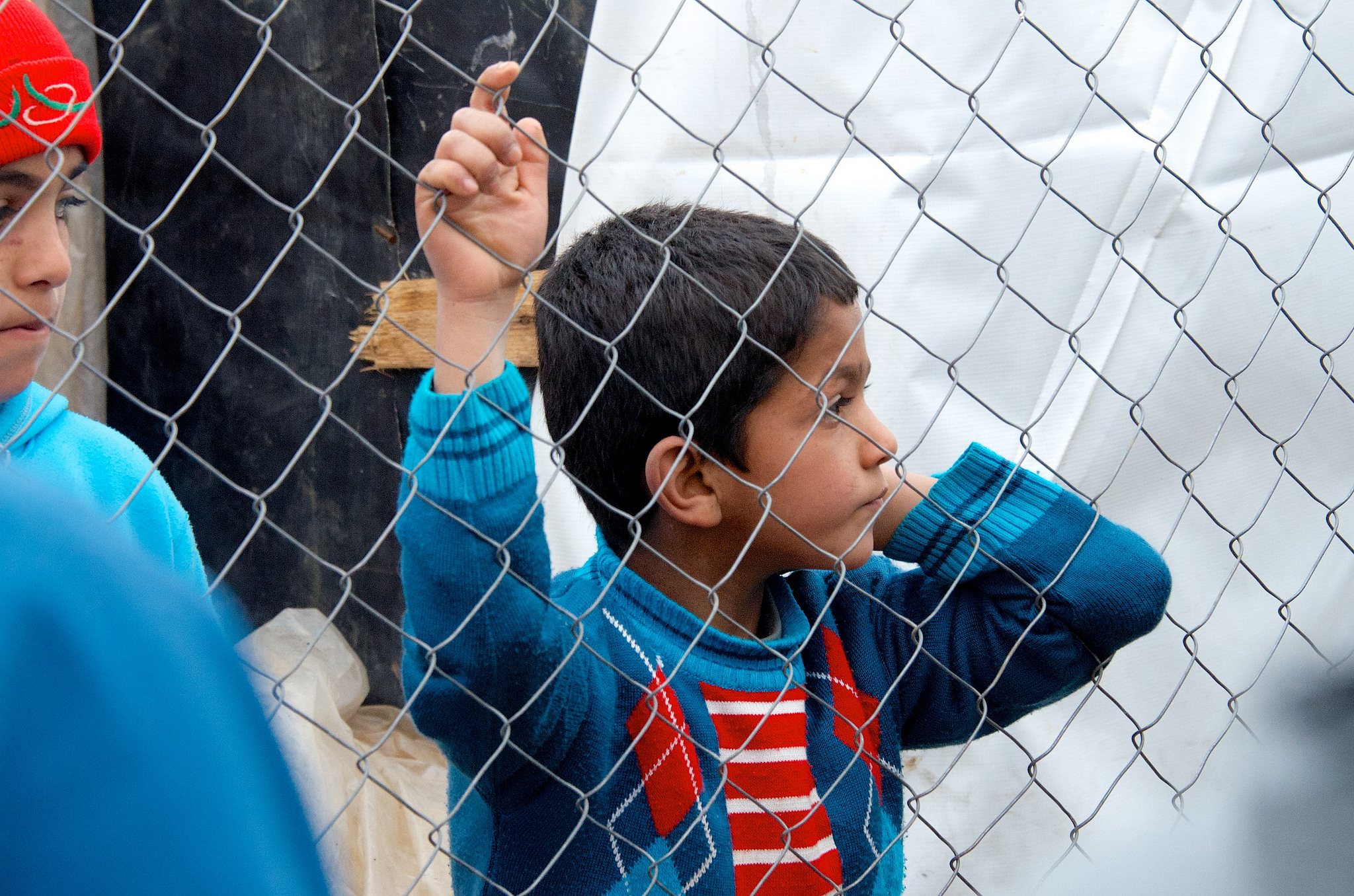The world still faces a massive crisis over forcibly displaced people. In 2015, there were more than 65 million — the most since the Second World War. And half were under the age of 18. About 24 million of these people have fled their countries and are counted by the United Nations as refugees.
A much larger number, 41 million, are internally displaced, forced to flee their homes but remain within the borders of their countries. In Syria, for example, 6.6 million people are internally displaced, which represents 30 per cent of the population.
Funding falls short
This is a human-induced tragedy driven by a variety of wars and armed conflicts, yet the international response has been callously inadequate. The UN-aid appeal for Syrian refugees is only 49 per cent funded, which is better than the 19 per cent funding for South Sudan and the 22 per cent for Yemen. Speaking to similar issues in 2013, Pope Francis blamed them on “the globalization of indifference.”
Two refugee summits
Of course, world leaders say that they’re working on it. There were two refugee summits in New York City this month. One coincided with a meeting of the UN General Assembly. The second was convened by U.S. President Barack Obama and included 50 countries, including Canada. But the UN event was mostly talk and no action. Rather than providing the immediate financial pledges, the diplomats could only agree to keep talking about future commitments.
The Obama summit, meanwhile, was a “pay-for-play” event. Only those countries that were prepared to put up some cash were invited. They pledged an added $4.5 billion for UN appeals and humanitarian groups for 2016. At the UN, Prime Minister Justin Trudeau had earlier announced that Canada would increase humanitarian assistance this fiscal year by 10 per cent, to a total of $752 million.
A collective responsibility
Regarding refugees and displaced people, Obama insisted that “all countries ought to share in our collective responsibilities.” That’s because developing world countries host 86 percent of UN-designated refugees while the world’s six wealthiest countries host less than nine per cent. Lebanon, a tiny country with a population of five million, accommodates a million displaced people accounting for more than 20 percent of its population. Japan, on the other hand, admitted just 19 refugees in 2015.
Trudeau received applause at the UN when he reported that Canada had accepted almost 31,000 Syrian refugees since last year. The government said it intends to resettle a total of 56,000 refugees — of whom about 25,000 will be Syrians — in 2016. An estimated 18,000 overall will be sponsored by faith groups and other organizations.
What to do?
Without a doubt, Canada should resettle refugees in greater numbers. We are a wealthy country; faith and citizen groups are ready; Canadians show goodwill; and our governments are supportive. Beyond that we should provide even more humanitarian assistance to support refugees and displaced people in the poor countries who are hosting them in the greatest numbers. That assistance can come from our personal charitable giving as well as our government.
Stop the fighting
But the most pressing need is to have competing groups and nations agree to stop fighting and disarm before recreating governments that will support transparency, accountability and respect human rights. It’s not impossible. After all, the recent peace agreement between the Colombian government and FARC rebels ended a protracted internal conflict that forcibly displaced millions of their own.
This article was posted on the United Church Observer in a slightly different version on September, 27, 2016.



